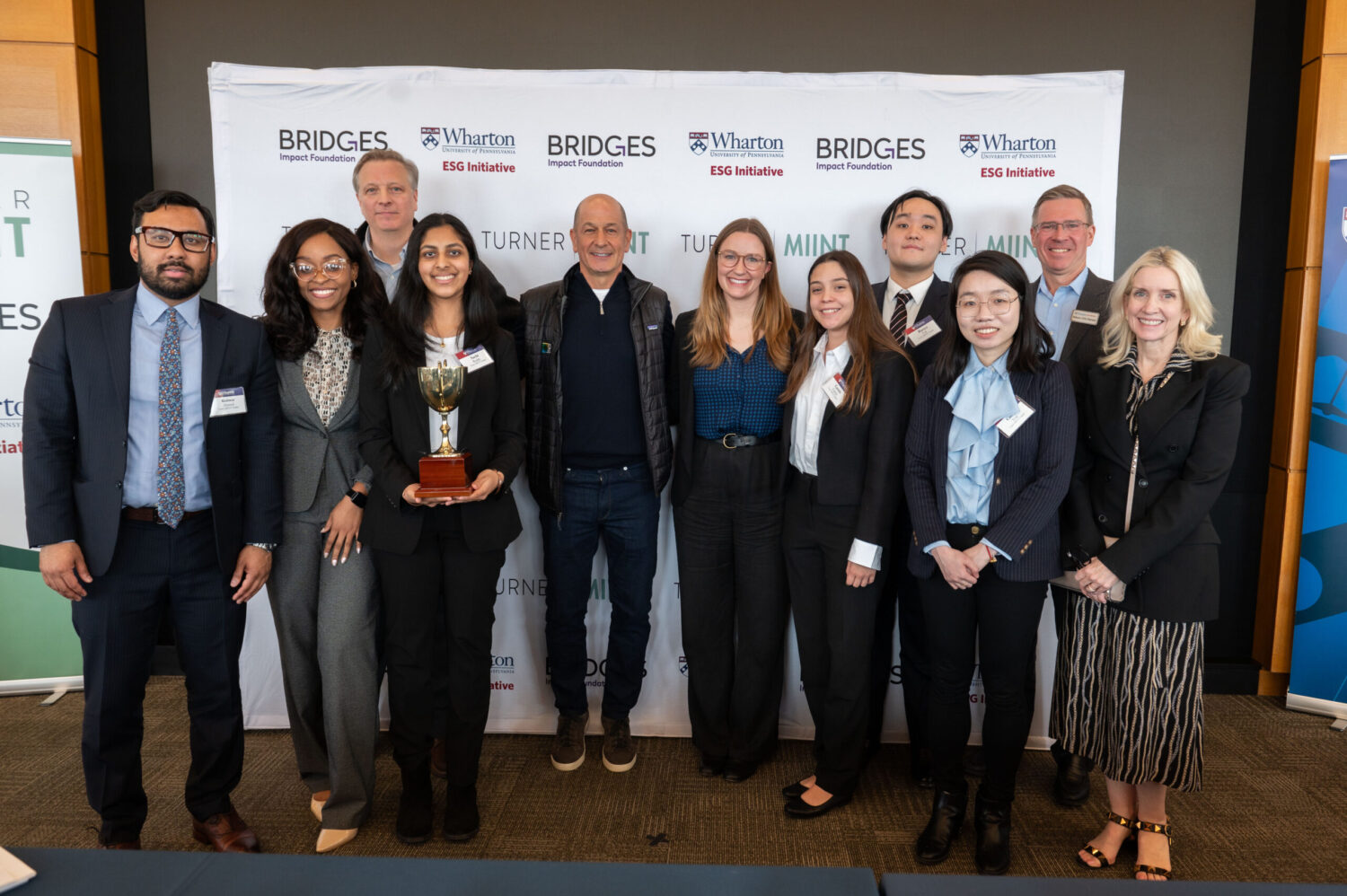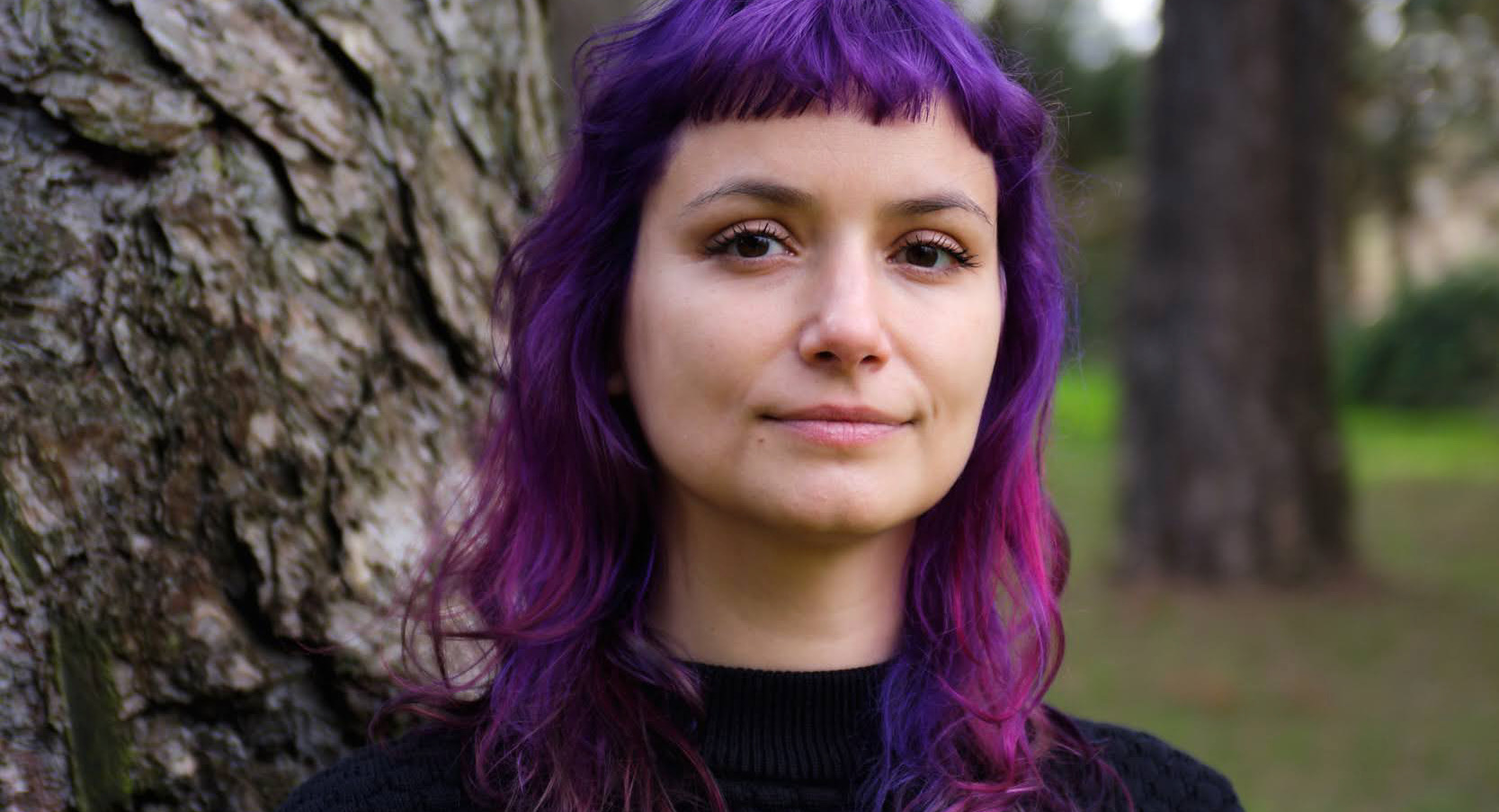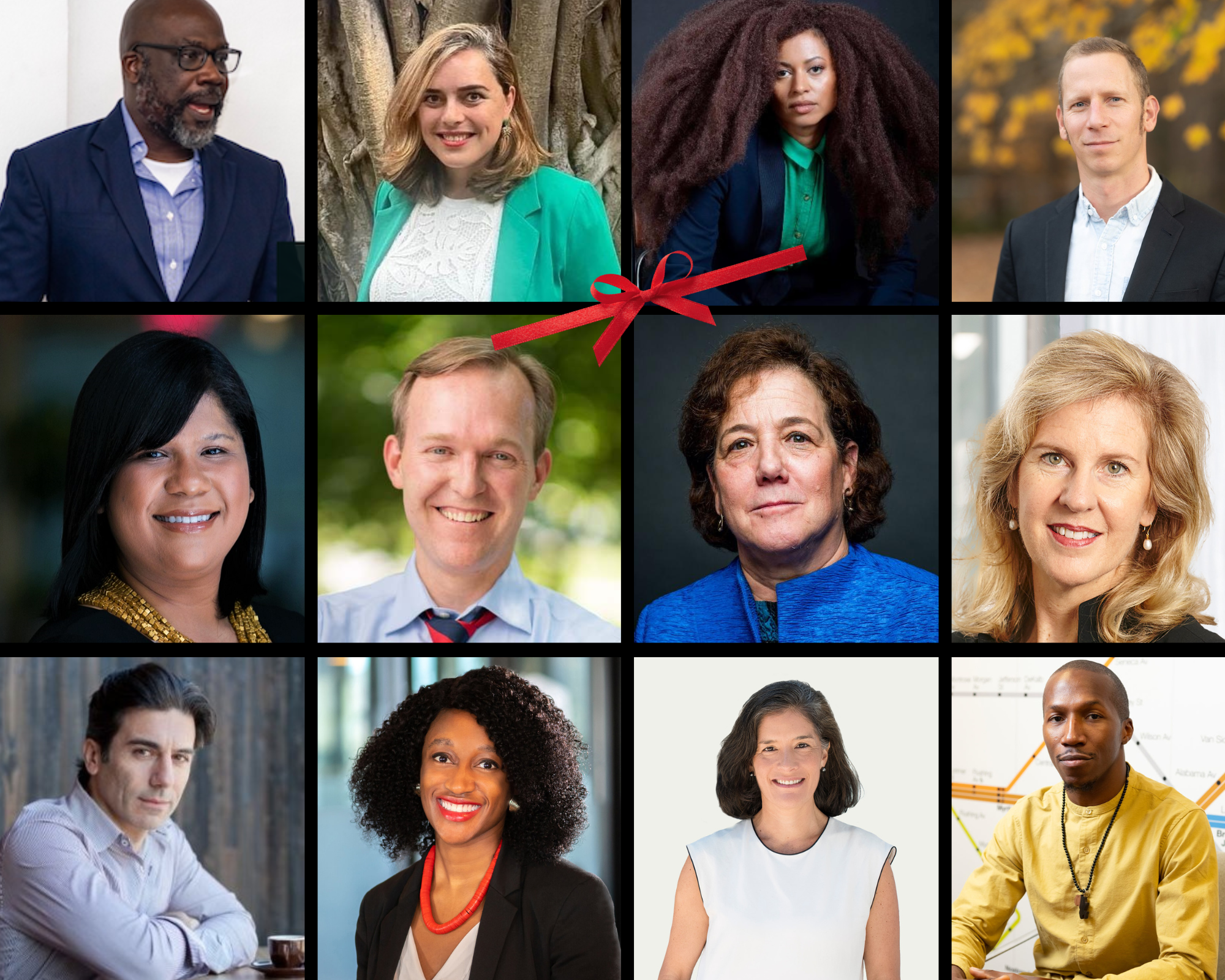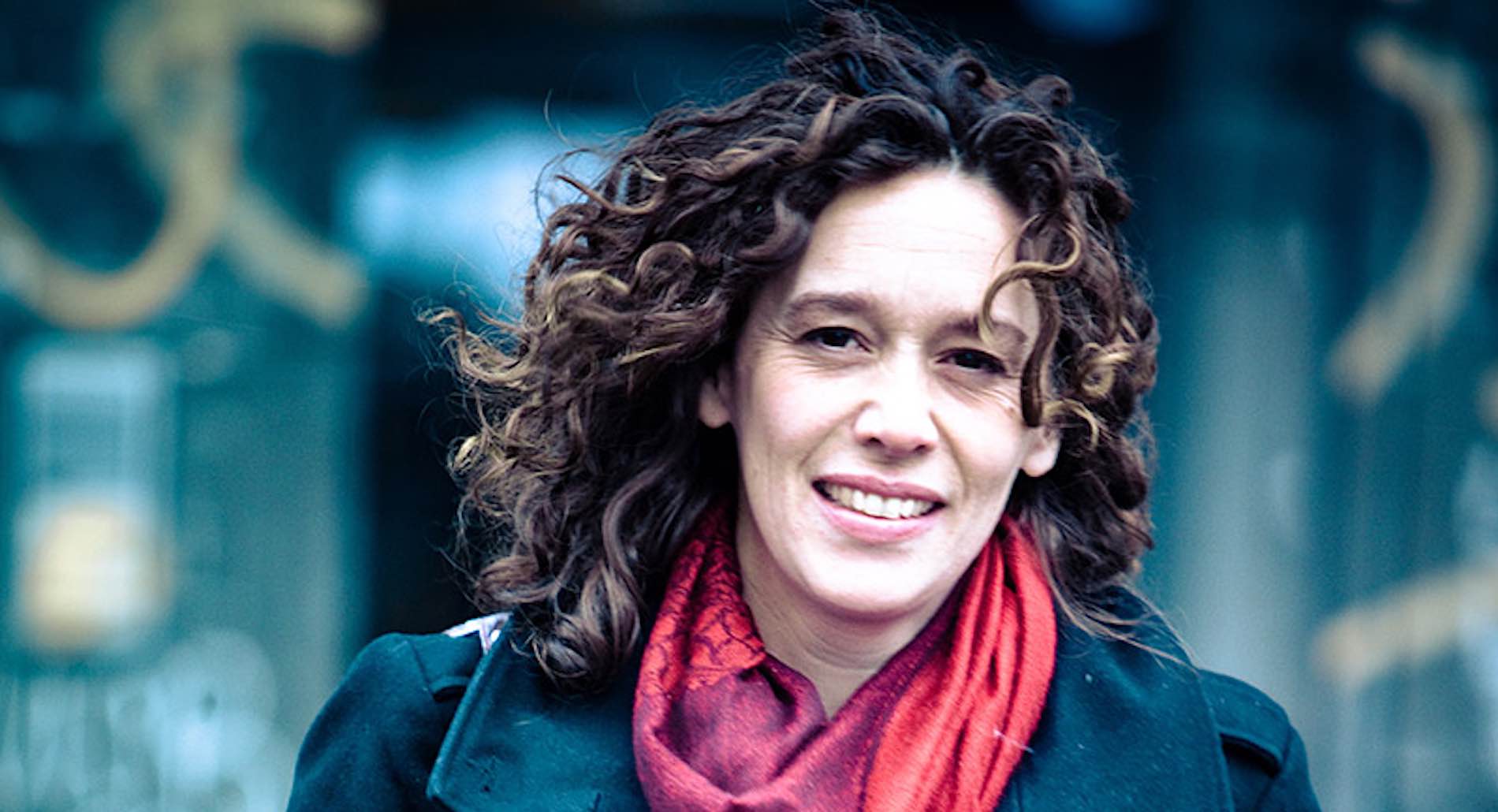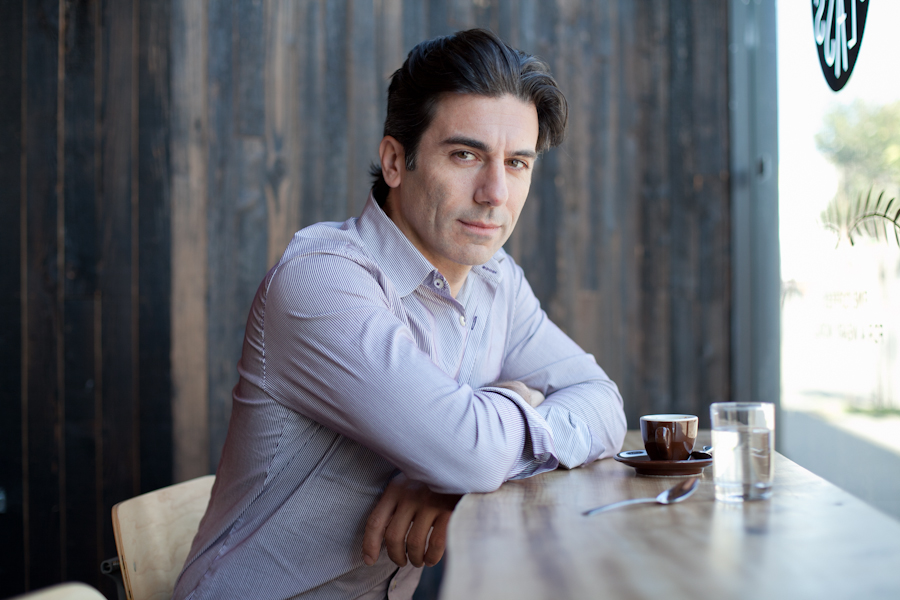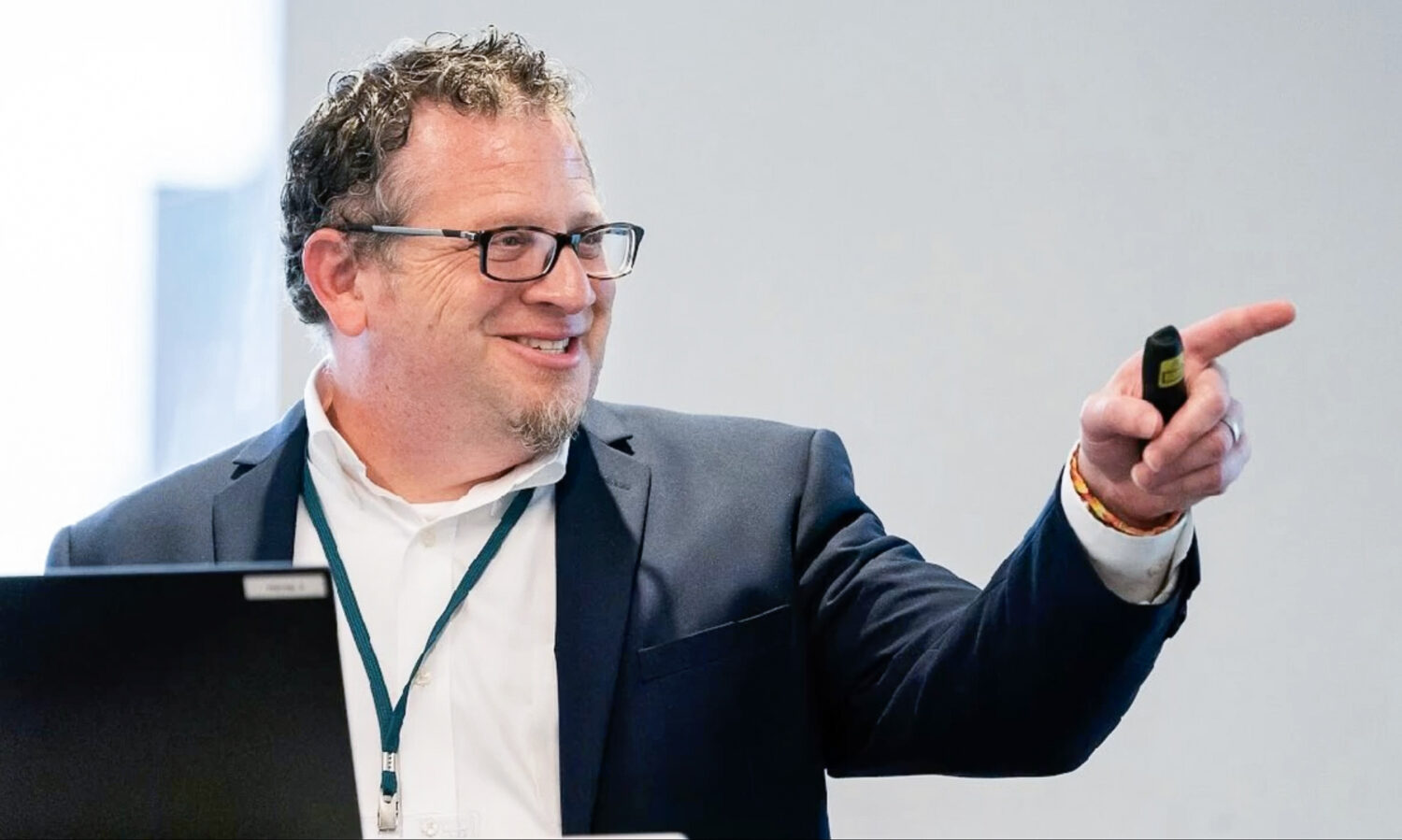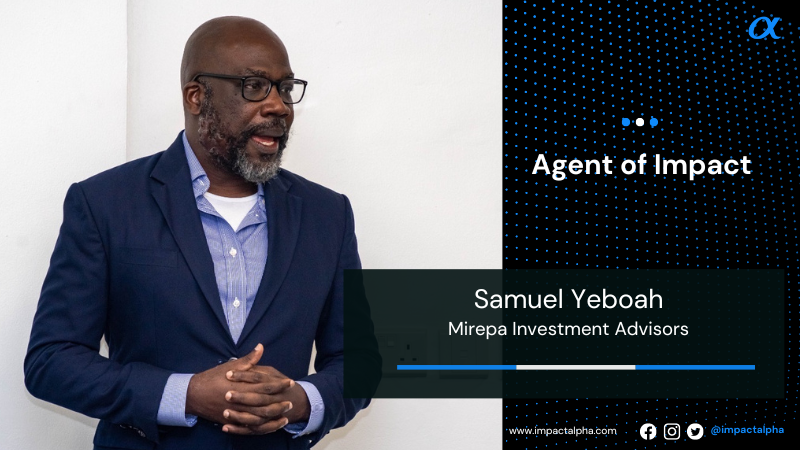Within the next few weeks, if everything goes according to plan, the first customers will make deposits in New Hampshire-based Walden Mutual Bank, the first mutual bank in the U.S. to be chartered in five decades.
As a “mutual,” the bank’s depositors will also be shareholders, with voting rights on any change of control or corporate structure. About three dozen local leaders serve as “corporators,” who elect the bank’s board of directors.
Hundreds of years old, mutual banks “were ripe for reinvention in the modern era,” says CEO Charley Cummings, who is racing a September 30 deadline for final regulatory approval. “The mutual structure offered truly the opportunity to build an institution for the long term, indefinitely.”
Cummings launched Walden to fill a financing gap for farm and food businesses in New England and New York. Few if any commercial banks in the region make agricultural loans; all but one of the federal Farm Credit System institutions that once served the region have closed. Mutuals themselves fell out of favor, in part, Cumming says, “because nobody gets rich.”
The banking retreat is not surprising, given the decades-long decline in New England agriculture. But a resurgence in recent years, led by local, artisanal, often organic farm-to-table producers has made it the only area of the country where farmers, on average, are getting younger, not older.
Farm supply chain
Cummings identified the need for a new bank while building Walden Local Meat Co., which works with about 100 producers of grass-fed beef and pasture-raised pork, chicken and lamb, with its own slaughterhouse in Vermont. “It became clear there were some gaps in the existing lending infrastructure because we were always in the position of lending to our supply chain partners,” Cummings told ImpactAlpha. Because of their higher costs of capital, non-bank lenders, including impact investors, charged interest rates as high as 10% to help farmers make the transition to organic agriculture.
“I looked at the underlying asset in that business and was scratching my head as to why there wasn’t a bank that in that rate environment wouldn’t fund it at 4%,” Cummings says. Deposit being just about the cheapest source of lending capital, Cummings started jumping through the regulatory hoops needed to get a bank charter.
“The theory of change here is we can unlock a much brighter, much more significant rate of growth for this ecosystem by lowering its cost to capital,” he says.
To supply the bank’s core capital, he has raised about $21 million of a targeted $25 million in “special deposits” from more then 200 catalytic investors, including the regenerative ag investor Armonia, Beneficial State Bank’s Kat Taylor and Kachuwa Impact Fund. A half-dozen of the commitments are for more than $1 million; many more are as small as $5,000. Because of the highly regulated structure for banks, Walden can accept such deposits from non-accredited investors who may not have access to other impact investments. The special depositors will get dividends equal to 30% of the bank’s post-tax profits.
Cummings says terms sheets are in place, for example, for a $1.4 million dollar loan for the generation transfer of a grass-fed organic dairy, $415,000 for a farmland refinancing for a pasture-raised egg operation and a $78,000 in equipment financing for an organic bakery.
Accountability to stakeholders
Cummings cut his teeth nearly 20 years ago in a yes-in-my-backyard campaign to site wind turbines in Nantucket Sound, near his childhood home on Cape Cod. That project never got built after opposition from the Kennedy family in nearby Hyannisport, among others.
Now he’s repurposing a structure that was designed to deliver stakeholder value, long before the advent of “shareholder primacy” in the 1970s.
“There seems to be an incredible amount of latent demand for real impact from an investment perspective, not the sort of widely available BS on public markets, but actual local, tangible, specific impact,” he says. “You’ve got a lot of people saying, ‘Hey, there are other stakeholders that matter in the formation and running of a business, beyond shareholders alone.”




